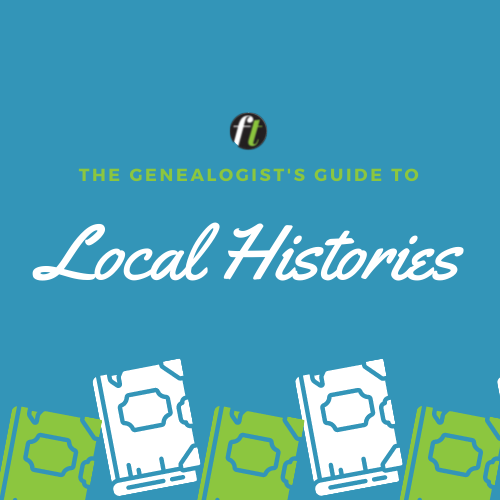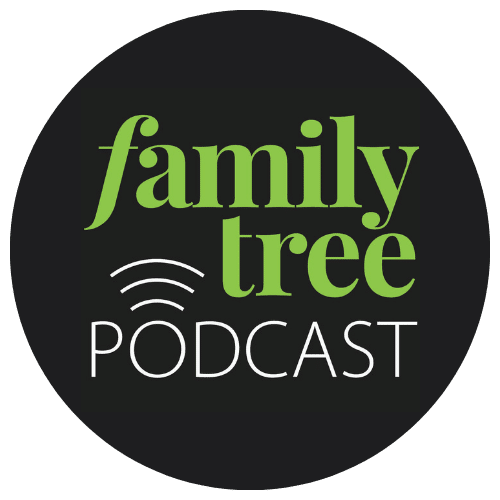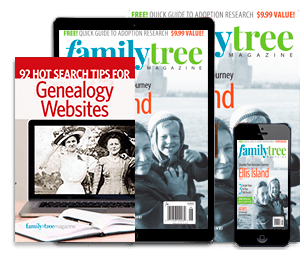| Using Local Histories for Genealogy |
| Town, county and other local histories rank among the best sources for biographical information about your ancestors. If your ancestor was a prominent citizen or an early settler, you might find a biography of him with details on his family, occupation, religious affiliation, education and military service. Even if he or she isn’t mentioned by name, you might still gain clues for further research. Here are a few of our favorite tips for finding your ancestors in local histories. Google your ancestors. A quick Google search could turn up references to your ancestor in county and local histories, including matches in Google Books, the largest online book collection. To focus just on Google Books, use the Advanced Book Search. For exact matches, enter the name in the Exact Phrase box. To focus on the most relevant matches, add a place name, like Delaware County, in the Title box. Search other online book collections. Enter a name in the search box on HathiTrust and select the full-text option to find the name anywhere in the digital library. Put quotations marks around the name to search on the exact phrase. In the results, click on the link for a match’s Full View. Then search the text of that book for the name. Internet Archive also has a huge collection of digitized books. Click on the orange icon that looks like an open book to search just ebooks and texts. Then select Text Contents to search for the term anywhere in the books. Check specialized genealogy book collections. The FamilySearch Digital Library has over 500,000 genealogy books, including local histories and yearbooks. If your public library subscribes to HeritageQuest Online, you can log in through your library’s website to search 28,000 family and local history books. Both of these sites are free. All the major subscription genealogy websites also have local histories. Find local histories in print. To find local histories that aren’t online, check WorldCat, a catalog of the holdings of over 10,000 libraries worldwide. Once you find a promising book, you can request it on interlibrary loan or get copies of the pages that pertain to your family. See my article in the March/April 2022 Family Tree Magazine for more tips and advice for accessing local histories. |

.png)
















